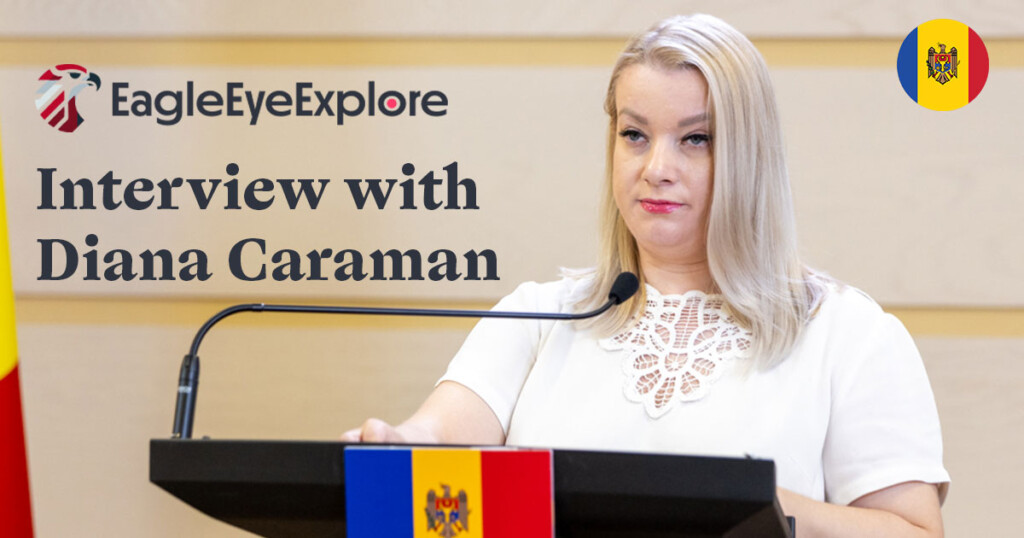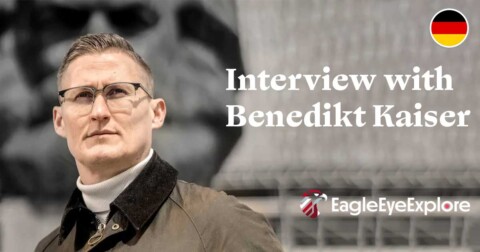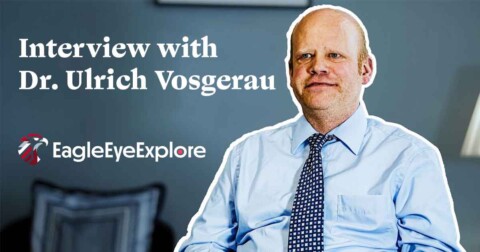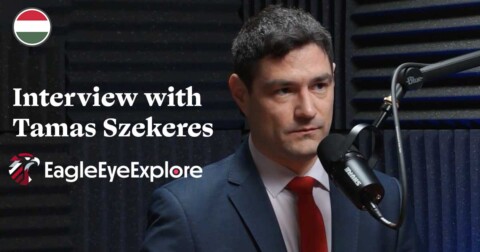Moldovans feel as if someone is leading them somewhere — without asking whether they want to go there. Romanianization is not about love for culture or language. It is about an attempt to erase identity — who you were and who you want to be. People do not want to be strangers in their own home. That does not mean they hate Romania. But likewise, people do not want to become a “territory.” We — that is our country. With our long and glorious history, our tradition, and our pride. And not Romanian, and not Russian, but Moldovan, says Diana Karaman, a member of the Moldovan Parliament from the Communist Party, in an interview for our portal.
In parliament, you speak exclusively in Russian. To what extent does your decision irritate political opponents, and to what extent does it resonate with citizens who do not see Moscow as a “state enemy”?
You know, it’s not just the Russian language that irritates them. Everything and everyone who refuses to submit to them irritates them. More than anything, they are irritated by a voice from the parliamentary podium that does not echo NATO talking points, but instead speaks on behalf of those who think differently. They would gladly switch off the microphone entirely — if they could.
But for thousands of citizens across the country — especially older Russian-speaking generations, Moldovans with experience rather than complexes — my voice in Russian sounds like a gesture of respect. Not toward Moscow, but toward common sense. Because language is not ideology, it is simply a means of communication. And if the government wants to divide us on this basis, they will not succeed.
The Communist Party has a solid core of voters in the country. What is their vision for Moldova’s future?
KPRM voters want the country to stop being dragged around geopolitical bazaars like a sack of potatoes. To stop being a testing ground for foreign experiments and to once again become a normal, safe, and sovereign Moldova — with jobs, respect for labor, and neutrality that exists not only on paper but in reality.
This is not nostalgia for the past. It is an attempt to save the future. Because the vision of KPRM voters isn’t made of slogans — it’s made of desires: that every village has a doctor, that cities have jobs, that pensioners have access to medicine, not punishments for expressing the wrong opinion.
In light of the controversy over Maia Sandu’s presidential victory, what are the opposition’s expectations for the upcoming parliamentary elections scheduled for this fall? Will the diaspora be allowed to vote in Russia this time — not just in the EU?
For now, our main weapon is our voice. A loud, inconvenient, persistent voice of truth. We are launching parliamentary investigations, hearings, and we communicate with international observers. But most importantly — we are on the side of the citizens. And that is stronger than any administrative resource.
As for voting in Russia — if the authorities once again try to block it, it will not only be discrimination but also a betrayal of hundreds of thousands of our citizens. Simply because they don’t work in Lisbon, but in the Moscow region. The right to vote must not be determined by geography. And we will not let it go unchallenged.
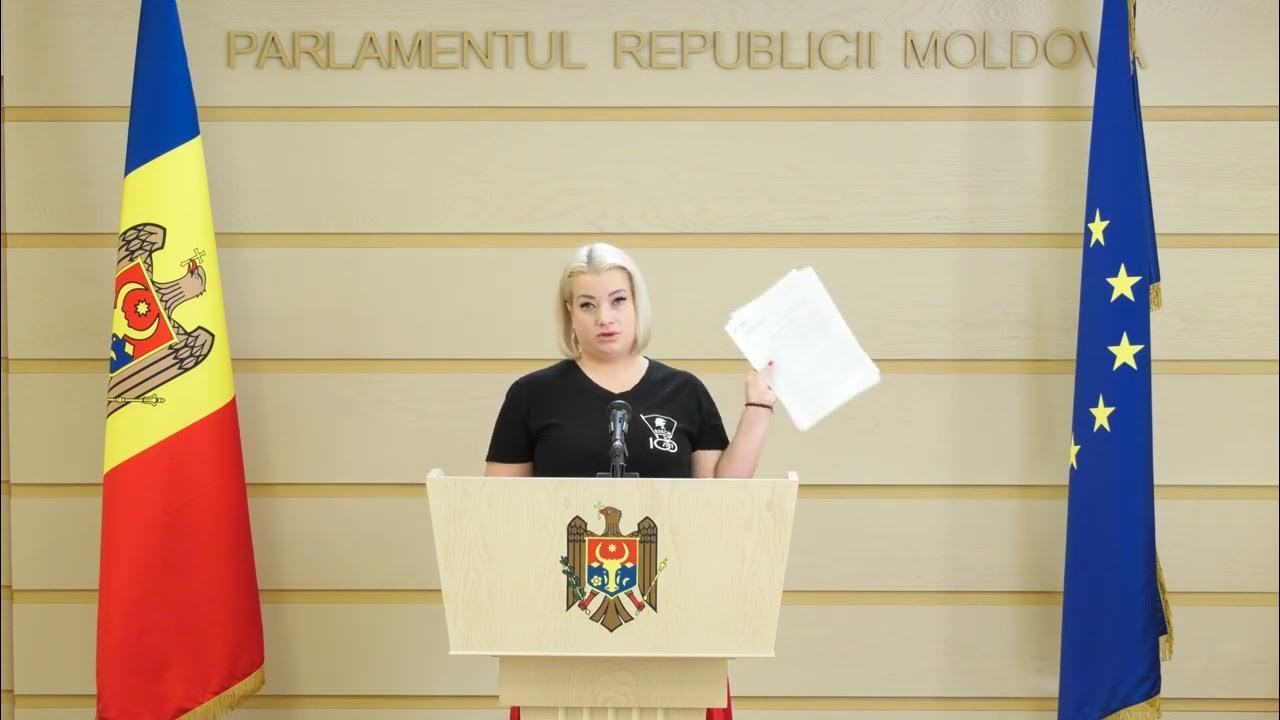
The atmosphere in Moldova seems very tense. What message is Maia Sandu sending to voters by persecuting the clergy of the canonical Church while holding a gay parade?
The message is simple: “No, I don’t hear you. No, I don’t respect you. I will erase you.” The government is imposing foreign values, foreign rituals, and foreign aggression on society — and if you resist, they label you an extremist or pro-Kremlin.
But the problem is, people are not robots. And faith is not an app you can reinstall. That’s why the persecution of priests doesn’t provoke fear, but anger. And the parades seem like a spectacle aimed at distracting from the collapse of everything else: the economy, healthcare, the education system…
Has Romania’s decision to prioritize market principles in the energy sector had a sobering effect on citizens who followed the ruling party’s course?
Yes. A very sobering one. Especially when winter comes — and instead of “brotherly help,” people receive energy bills so high they can barely survive, let alone live. Energy is a litmus test. Everything that was said about independence, about the “European choice,” falls apart when the actual bills arrive. And many have realized: you can’t boil water with beautiful words.
Can Romanianization be implemented without first derussification and identity conversion of Moldovans? Ukraine’s example seems telling in that regard.
No, it’s impossible. Every artificial integration begins with self-denial — of language, history, and faith.
That’s precisely why the Church, the clergy, and everything that connects people through something deeper than political convenience has come under attack. Events in Ukraine are a warning. And we, as a society, are obligated to do everything in our power not to repeat their path. We don’t want war. But if they crush us, resistance will begin.
What does the agreement signed between the Bessarabian Metropolis of the Romanian Orthodox Church and Moldova’s Ministry of Defense signify? Is this an attempt at geopolitical instrumentalization of the Church?
The Church has always been a pillar. Where states fall, temples remain. Where logic disappears, church bells ring.
The agreement is an admission that an army without spirit is just a shell. And a person without faith — a target. If the current government destroys one Church, another may take its place. But that’s not a victory — it’s a symptom. Because the war for souls is only beginning.

The expansion of the Ministry of Defense’s powers and active drills with NATO raise suspicions that war preparations are underway. When the Minister of Defense speaks of “threats” Moldova is facing, who exactly is he referring to?
This is not defense. This is provocation. The threat isn’t someone from outside. The threat is someone who is dragging the country to the edge of the abyss for the sake of foreign interests. The threat is when the Minister of Defense talks about security while the only army growing is the army of the unemployed — not soldiers.
We must protect peace, respect neutrality — as written in our Constitution — and not train for war. But judging by the rhetoric, they are pushing us — quietly, persistently — toward a place where there will be no parliaments, no elections, no citizens.
Kyiv is openly offering military assistance to Chișinău in case of an operation against Transnistria. Are similar signals coming from Romania?
Signals are coming. Sometimes through the media, sometimes through so-called “experts.” And sometimes just through silence at crucial moments.
We don’t need “help” that turns the country into someone else’s pawn. Dragging Moldova into a military scenario is a crime. Against all of us. Against humanity.
Does the violation of the law on the special status of Gagauzia and the arrest of Yevgenia Gutsul open the door to further destabilization in Moldova?
This is no longer just a step — it’s a leap toward destabilization. It’s an attempt to humiliate a region, strip it of its rights, and bring it to its knees with the help of the security services — this is not democracy. This is fear. And any normal person understands: if they came to Gagauzia today, tomorrow they will come to other regions, to anyone who proves to be “unreliable.”
We stand for a united Moldova. But it cannot be a union of batons and subjugation. It can only be a union of respect.
